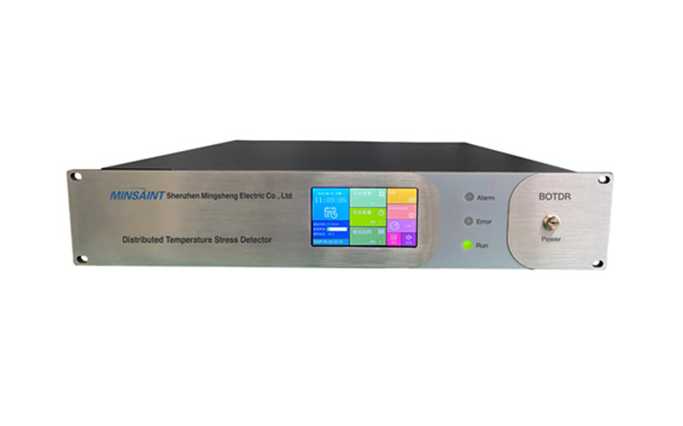Looking to revolutionize your painting process? Say goodbye to manual labor and hello to efficiency with a cutting-edge spray painting robot system. This innovative technology offers precision, speed, and consistency, unlike traditional methods.
Upgrade your production line with automated spray painting that ensures flawless finishes every time. Embrace the future of painting automation and experience increased productivity and cost savings like never before.
Key Takeaways
-
Implementing spray painting robots can enhance efficiency and precision in painting processes.
-
Select the appropriate type of spray painting robot based on the specific requirements of your project.
-
The key features of paint robots, such as programmability and uniform coating, contribute to consistent and high-quality paint finishes.
-
Automated painting systems offer benefits like increased productivity, reduced material waste, and improved overall quality control.
-
By utilizing robots for painting tasks, businesses can significantly enhance safety by minimizing human exposure to hazardous fumes and chemicals.
-
Consistent coating quality achieved through spray painting robots leads to improved aesthetics, durability, and customer satisfaction in various industries.
Overview of Spray Painting Robots
Definition
Spray painting robots are automatic machines used for coating surfaces efficiently and precisely. They play a crucial role in automating painting processes, reducing human error.
Evolution of Technology
Over the years, spray painting technology has seen significant advancements. From basic spray painting machines to sophisticated axis spray paint machines, the evolution has revolutionized the industry.
Advancements
The introduction of hardware spray painting and atomizers has enhanced the quality and speed of spray painting. The use of soluble spray paint applications has further expanded the range of possible coatings.
Leading Provider
FANUC stands out as a prominent provider of spray painting robot systems. With a focus on innovation and reliability, FANUC offers cutting-edge solutions for various industries.
Types of Spray Painting Robots
Automotive Applications
Automotive spray painting robots are designed for precision and speed in applying paint to vehicles. These robots follow a predefined path to ensure consistent coverage on different car models. The system used in automotive painting robots includes advanced sensors for detecting the shape and size of the vehicle, allowing for accurate paint application.
Industrial Applications
In industrial settings, spray painting robots are utilized for various purposes such as painting machinery, equipment, and large structures. These robots operate at a different level compared to those used in automotive applications. They are equipped with specialized nozzles and pumps to handle different types of coatings efficiently.
Design and Functionality Variations
The design of spray painting robots varies based on the application requirements. Automotive robots are often compact with multiple axes of movement for intricate detailing. On the other hand, industrial robots are larger in size and have higher payload capacities to accommodate heavy-duty painting tasks.
Importance of Selecting the Right Robot
Choosing the appropriate type of spray painting robot is crucial for achieving optimal results. For automotive tasks that demand high precision and repeatability, selecting a robot with a sophisticated system is essential. In contrast, industrial applications may require robots with robust construction and durable components to withstand harsh environments.
Pros and Cons
-
Pros:
-
Increased efficiency and productivity in painting processes.
-
Consistent quality and finish due to precise robotic movements.
-
Cons:
-
Initial investment costs can be high.
-
Maintenance and programming may require specialized expertise.
https://www.borunteglobal.com/Contact.html
BORUNTE



More Stories
Why Distributed Vibration Sensing Is a Game Changer for the Oil and Gas Industry
A Practical Guide to Industrial Plane Locks: How to Select the Right Plane Lock for Cabinets and Equipment
Reliable Pressure Sensor Solutions for Industrial Applications